Difficulties in adaptation
Quang Tri province has a coastline of 191km, with more than 8,700 ships and boats and nearly 24,200 workers directly involved in the fishing industry. Climate change has been causing many negative impacts on the lives of fishermen.
According to fisherman Bui Dinh Chien, in Ward 6, Cua Viet Commune, adaptation requires fishermen to actively apply technology and modern equipment.
He said that only large offshore fishing fleets equipped with modern fishing gear can operate regularly at sea. His fleet of 3 ships, with a capacity of 800-900 CV/ship, specializing in trawling, squid fishing and squid cage trapping, are all fully equipped with advanced equipment, such as: Satellite positioning devices to help determine exact locations; ultrasonic fish finders, upgraded through generations from vertical, horizontal to shooting, helping to find fish streams more effectively; radar and automatic identification AIS to ensure safety and avoid collisions at sea; communication devices from shortwave HF, medium range, long range to integrated satellite positioning...
Recently, he has boldly invested in automatic steering equipment, helping to reduce labor, shorten travel time, save fuel and maximize profits for each trip. However, this investment requires large capital and high costs.
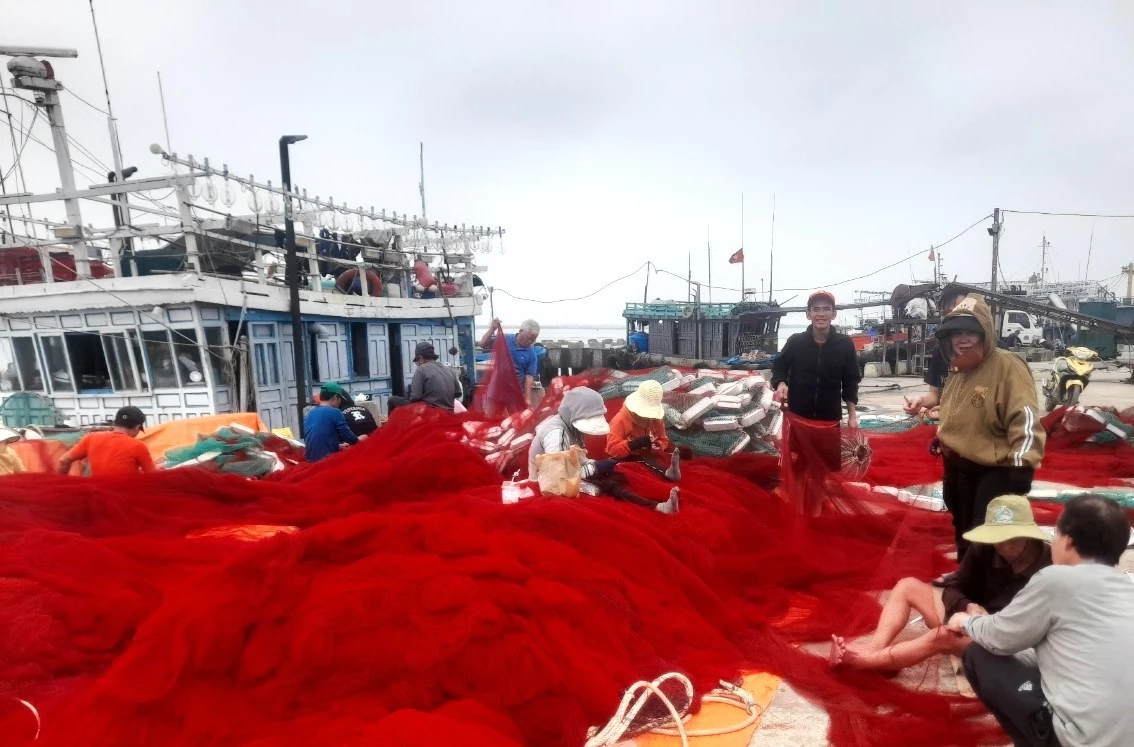 |
| Fishermen equip themselves with modern fishing gear to proactively adapt to climate change - Photo: SH |
Fisherman Le Son Dong in Thai Lai village, Vinh Hoang commune, shared another difficulty. Previously, fishermen only needed to go to the reef system about 3-5 nautical miles from shore to earn a good income. At one point, the whole commune had more than 50 divers, but now many have had to quit their jobs because they cannot "compete" with divers from other provinces, who secretly use electric guns and electrocution to illegally fish, seriously affecting aquatic resources.
In addition, fishermen in coastal areas such as Vinh Hoang, Trieu Co, and My Thuy communes are always haunted by the presence of large-capacity trawlers from other localities coming to exploit nearshore. When fishermen have just cast their nets, they see trawlers approaching the area, not only depleting aquatic resources, but also causing damage and loss to fishing gear and fishermen's property.
It is worth mentioning that these vessels often “cover their license plates” with car tires or other objects, making it impossible for fishermen to film or take photos to report to authorities. Illegal exploitation using electric shock, explosives, trawling and fishing during the growth period of aquatic species has seriously affected the ability to regenerate resources.
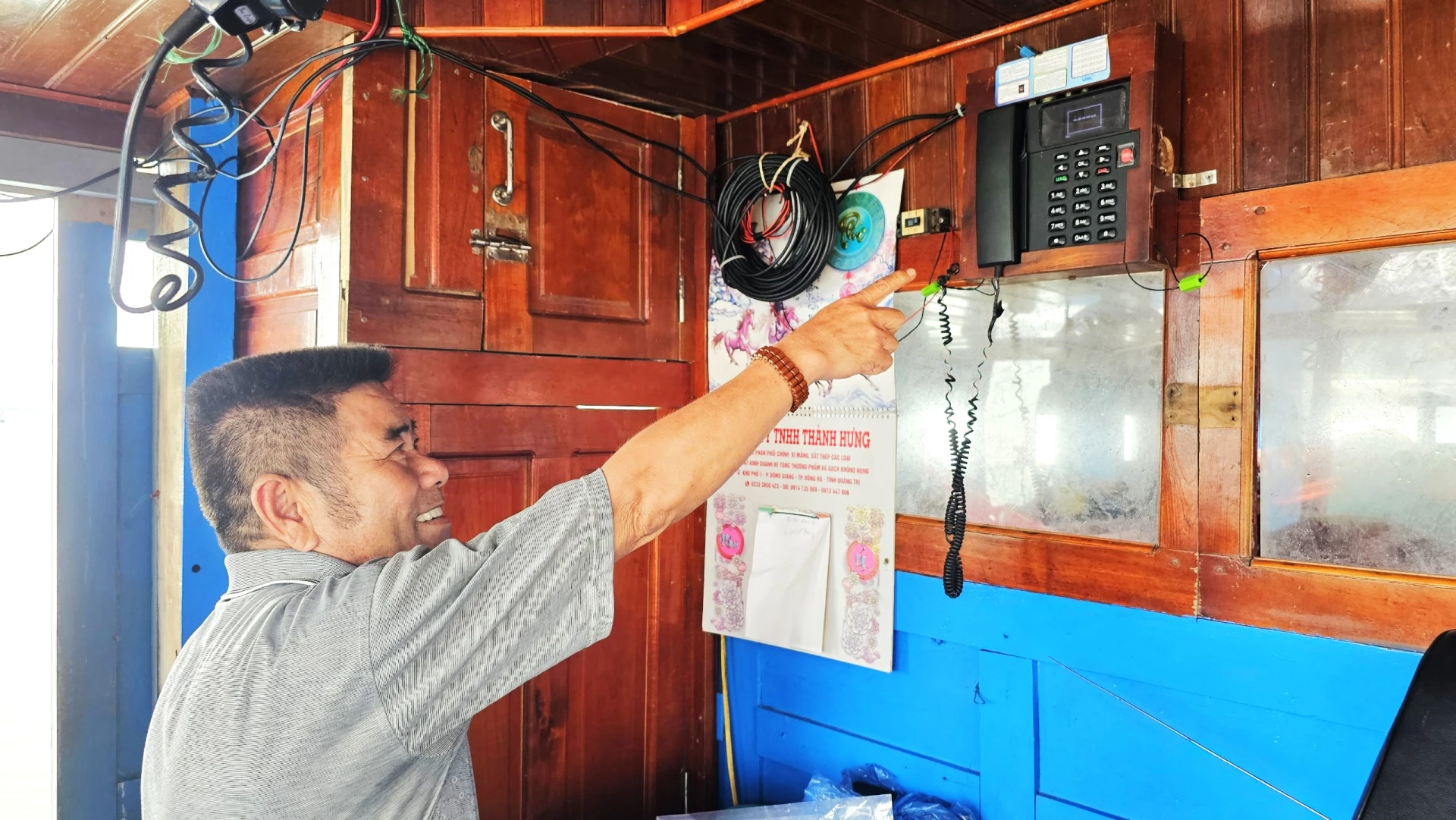 |
| Fishermen invest in modern equipment for large capacity boats for offshore fishing - Photo: SH |
Solutions for proactive adaptation
Deputy Director of the Department of Agriculture and Environment Nguyen Huu Vinh said that in the context of increasingly complex climate change, the fishing community in Quang Tri province is the group that is directly affected and most vulnerable. Storms, tropical depressions, floods and prolonged heat waves pose dangers to offshore fishing vessels and boats, disrupting fishing activities. In addition, coastal erosion, temperature changes and ocean currents have caused many aquatic species to migrate far from shore, reducing coastal fishing output. This forces fishermen to invest more in fuel and equipment to go offshore, leading to low economic efficiency. Many fishermen who rely mainly on small-scale, coastal fishing face the risk of losing their livelihoods. A number of fishermen have left the fishing industry, affecting social stability and maintaining traditional occupations...
“By adjusting production activities, diversifying livelihoods, applying scientific and technological advances and strengthening community connections, fishermen in the province will gradually adapt to climate change. With timely support from the central and local governments, coastal fishing communities will have the opportunity to develop sustainably, contributing to the goal of developing the marine economy,” said Nguyen Huu Vinh, Deputy Director of the Department of Agriculture and Environment.
In order for fishermen to adapt to climate change, in the coming time, it is necessary to focus on solutions such as: Equipping more positioning devices, long-range communication devices, weather forecasting to minimize risks; proactively adjusting the crop season, shifting from nearshore to offshore fishing; participating in solidarity teams at sea to support each other when facing natural disasters; gradually changing occupations such as switching to high-tech shrimp farming in greenhouses, fish cage farming in brackish water areas... to gradually reduce dependence on natural fishing; diversifying livelihoods by fishing combined with providing fishing logistics services, seafood processing, small-scale trading or participating in community tourism associated with the sea; participating in planting coastal mangrove forests, restoring coral reefs and responding to the "self-management" movement, protecting natural breeding grounds and spawning grounds... of aquatic resources.
Sy Hoang
Source: https://baoquangtri.vn/kinh-te/202509/ngu-dan-chu-dong-thich-ung-voi-bien-doi-khi-hau-5ec00dd/



![[Photo] National conference to disseminate and implement 4 Resolutions of the Politburo](https://vphoto.vietnam.vn/thumb/1200x675/vietnam/resource/IMAGE/2025/9/16/5996b8d8466e41558c7abaa7a749f0e6)
![[Photo] General Secretary To Lam attends the National Conference to disseminate and implement 4 Resolutions of the Politburo](https://vphoto.vietnam.vn/thumb/1200x675/vietnam/resource/IMAGE/2025/9/16/70c6a8ceb60a4f72a0cacf436c1a6b54)
![[Photo] General Secretary To Lam receives Assistant to the President of Russia, Chairman of the Federal Maritime Council of Russia Nicolai Patrushev](https://vphoto.vietnam.vn/thumb/1200x675/vietnam/resource/IMAGE/2025/9/16/813bd944b92d4b14b04b6f9e2ef4109b)
![[Photo] Prime Minister Pham Minh Chinh receives Minister of Foreign Affairs and Cooperation of Timor-Leste](https://vphoto.vietnam.vn/thumb/1200x675/vietnam/resource/IMAGE/2025/9/16/b0e99fd9a05846e4b6948c785d51d51f)











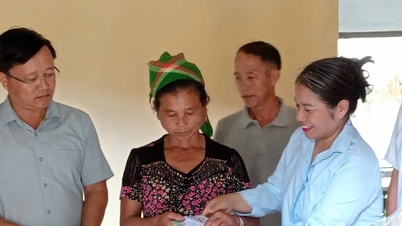



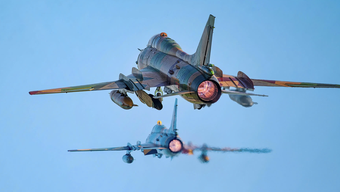
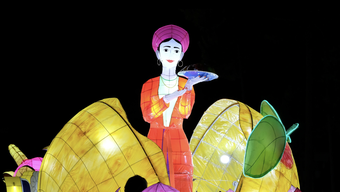

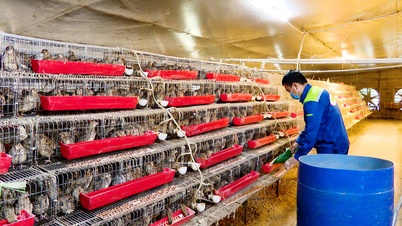

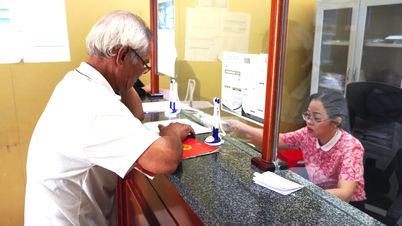


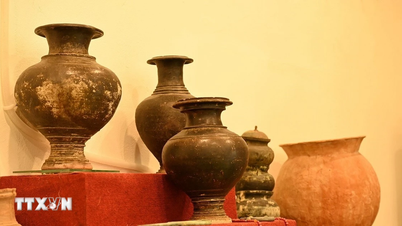



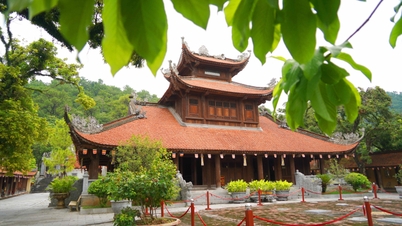

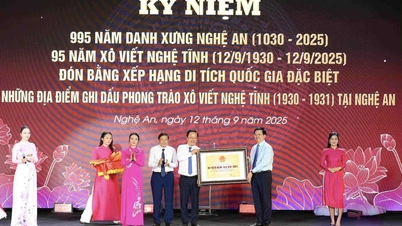






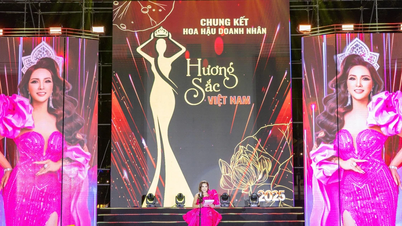










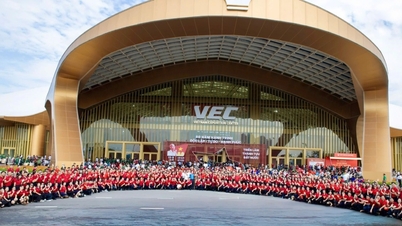





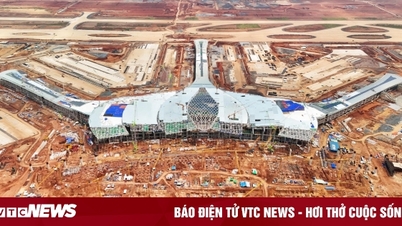





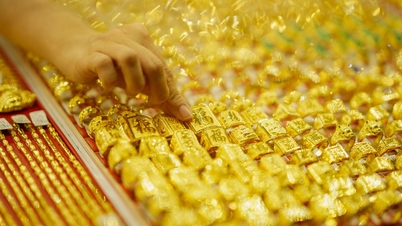
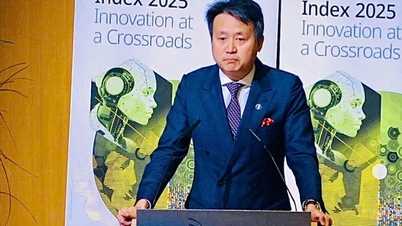




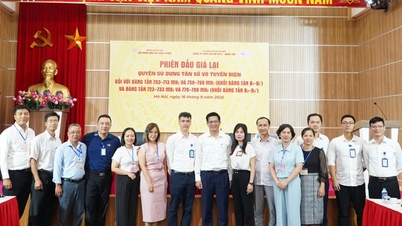


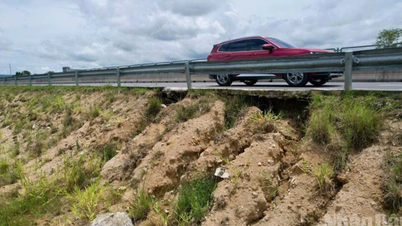





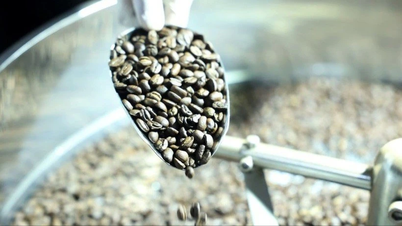
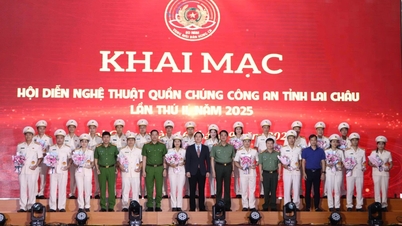



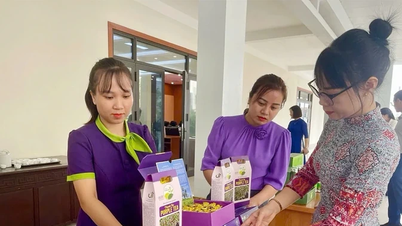












Comment (0)